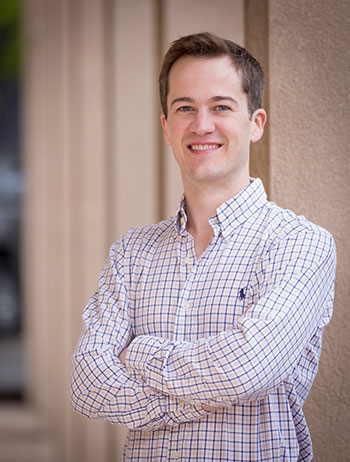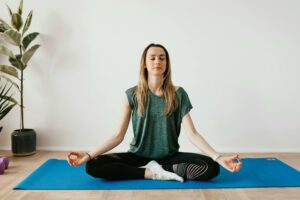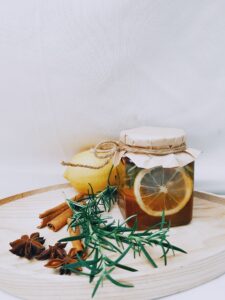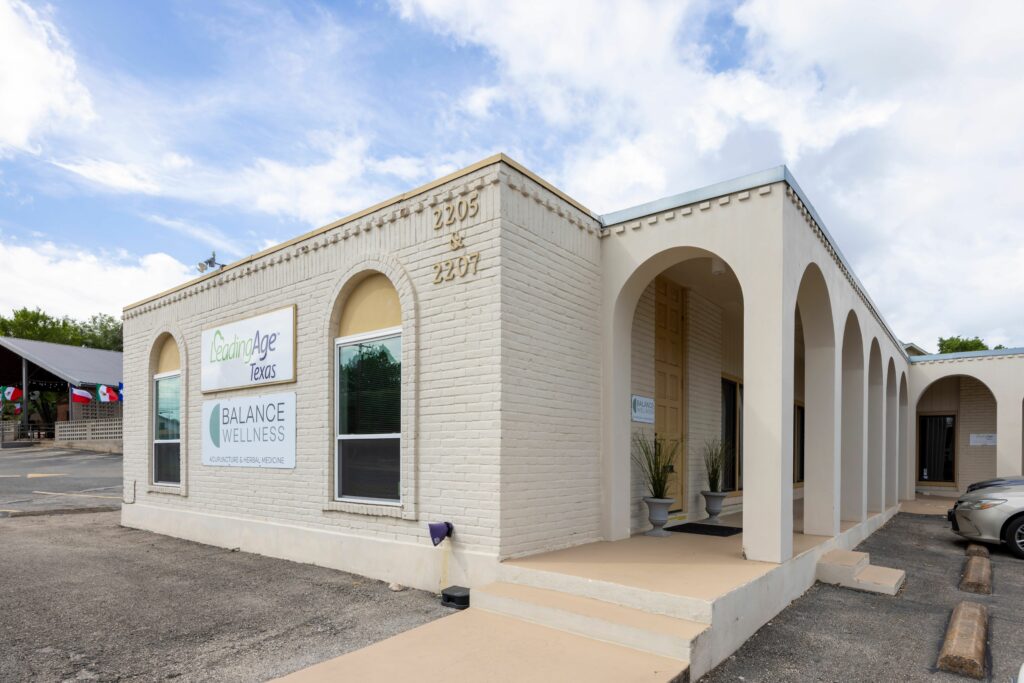My wife and I welcomed our first daughter to the world during my 2nd semester of acupuncture school. Not the greatest timing given how much I was giving (mentally and financially) to my education at the time, but we decided to start trying to conceive expecting it to take some time… apparently we are among those fortunate enough to not have to wait long to get pregnant. We were “aiming” for a baby sometime in 2017… our first was born mid-December 2016!
The good part of this timing was that I was in the midst of learning A LOT of information and specific techniques that could help with everything from morning sickness and cramps to lower back pain and anxiety – ALL of which my wife experienced at various times during her pregnancy. The things I was learning were also very welcome to her because she was being told by her doctor and everything she read online (Dr. Google) that anything she took OTC could hurt the baby.
But Chinese medicine and integrative medicine offers a lot of options for diet, lifestyle and acupressure that are safe and effective. I’ll offer below the things that ended up helping us and other patients I’ve treated, but I recommend seeing a Licensed Acupuncturist to make sure these are safe and the best for your situation before jumping in:
For nausea / morning sickness:
- Acupressure on PC-6: PC-6 stands for Pericardium 6 and it is an acupuncture point on the inside of the forearm near the wrist. This point is fantastic for nausea as well as anxiety. She got a lot of use out of these wrist bands that have a small bead on it that you put over the point to stimulate it. She would wear this band and press on the bead whenever she felt nauseous.
- Ginger tea: Either store bought ginger tea or slice up some ginger and simmer it for 20 minutes to make it fresh. Ginger is an herb in the Chinese medical pharmacopeia that helps with nausea, and has been used historically in western herbalism for that as well.
Low back pain:
- Hot baths / showers: This tip would fall into the “integrative medicine” category – it is not specifically derived from Chinese medical theory, but it is a very effective approach to help relax the muscles and sinews that are being stretched during pregnancy. Particularly those muscles and tendons around the pelvis can really benefit from the heat and relaxation that come with a hot bath or shower.
- Acupressure on pelvis: Different techniques here will feel better or worse depending on the person and the pregnancy. We actually had both of our kids while I was in acupuncture school (because we’re gluttons for punishment apparently) and we found that rubbing with the pressure of my fingers felt the best during the first pregnancy, and just pushing on and around the pelvis with my closed fist felt best for the 2nd pregnancy. So lay on your side with a partner behind you and play around with different levels of pressure using fingers, palms, fists and elbows on and around the pelvis.
Anxiety:
- Deep breathing / meditation: This is one that we really only discovered during the second pregnancy and we both wish we’d used it for the first one too. There are hundreds of guided meditation videos on YouTube or you can use apps like Headspace to guide you. Or, if you are more minimalist / lazy, just set a timer for 10 minutes and focus on breathing as deep into your abdomen as possible. Focus on the sensations as you breathe. Your mind will probably wander more at first, and that’s OK and to be expected. Just gently shift your focus back to your breathing whenever it wanders away.
- Ear seeds: This is definitely easiest to have an Acupuncturist help you with, but you can do this yourself if you are so inclined. Ear seeds are small seeds placed on the ear to stimulate specific acupuncture points. Acupuncture points on the ears are very effective for anxiety and pain management and are very safe for pregnancy.
There are more techniques that can be appropriate and extremely effective for symptoms related to pregnancy, and these are the ones that helped us the most. Acupuncturists are trained in a variety of techniques that can be of help because of the integrative lens through which we view health and the human experience.






